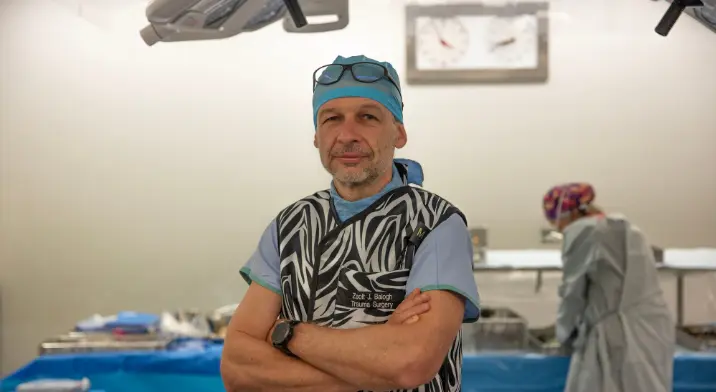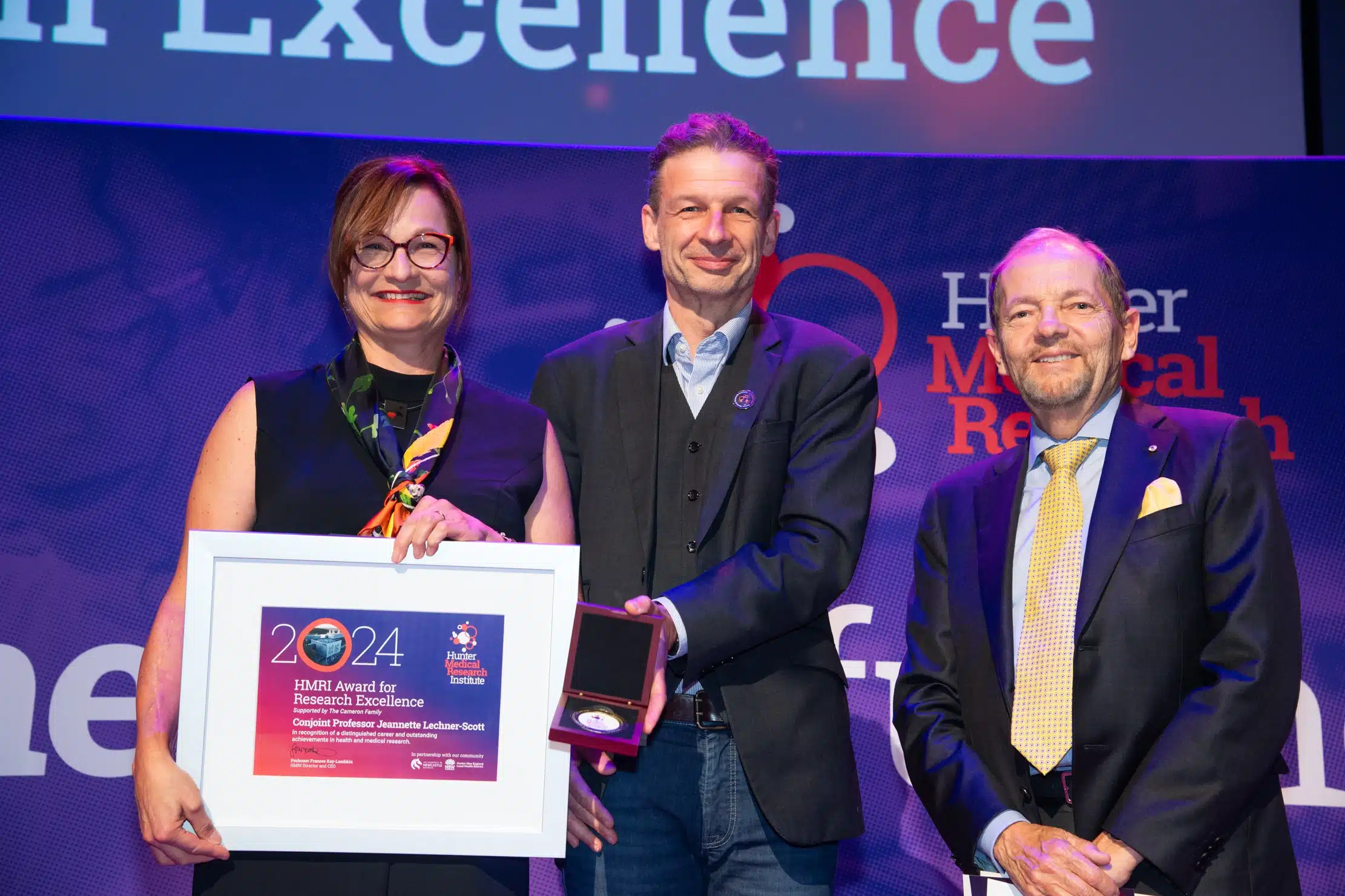Associate Professor Susan Hua (BPharm, Hons, PhD, MPS) is an academic pharmacist and has been a full-time teaching and research (T&R) academic in the School of Biomedical Sciences and Pharmacy since 2010.
She is a registered pharmacist in Australia and has several years’ experience across various fields of pharmacy, including hospital, community and research. Susan has a Bachelor of Pharmacy degree and a PhD from the University of Queensland in the field of neuroscience and nanotechnology.
Since her appointment at the University of Newcastle, Susan has independently established the first translational nanopharmaceutics laboratory and research program in the Hunter region focused on therapeutic targeting using pharmaceutical technology and nanotechnology. Her background as a clinical pharmacist has given her a thorough clinical understanding of therapeutics and disease states, and has allowed her to identify promising research avenues in therapeutics and drug delivery.
Associate Professor Hua is the Head of the Therapeutic Targeting and Translational Nanopharmaceutics Research Program at the University of Newcastle, and Director of the Translational Pharmaceutics & Medical Technologies Theme for the Precision Medicine Research Program at the Hunter Medical Research Institute.













